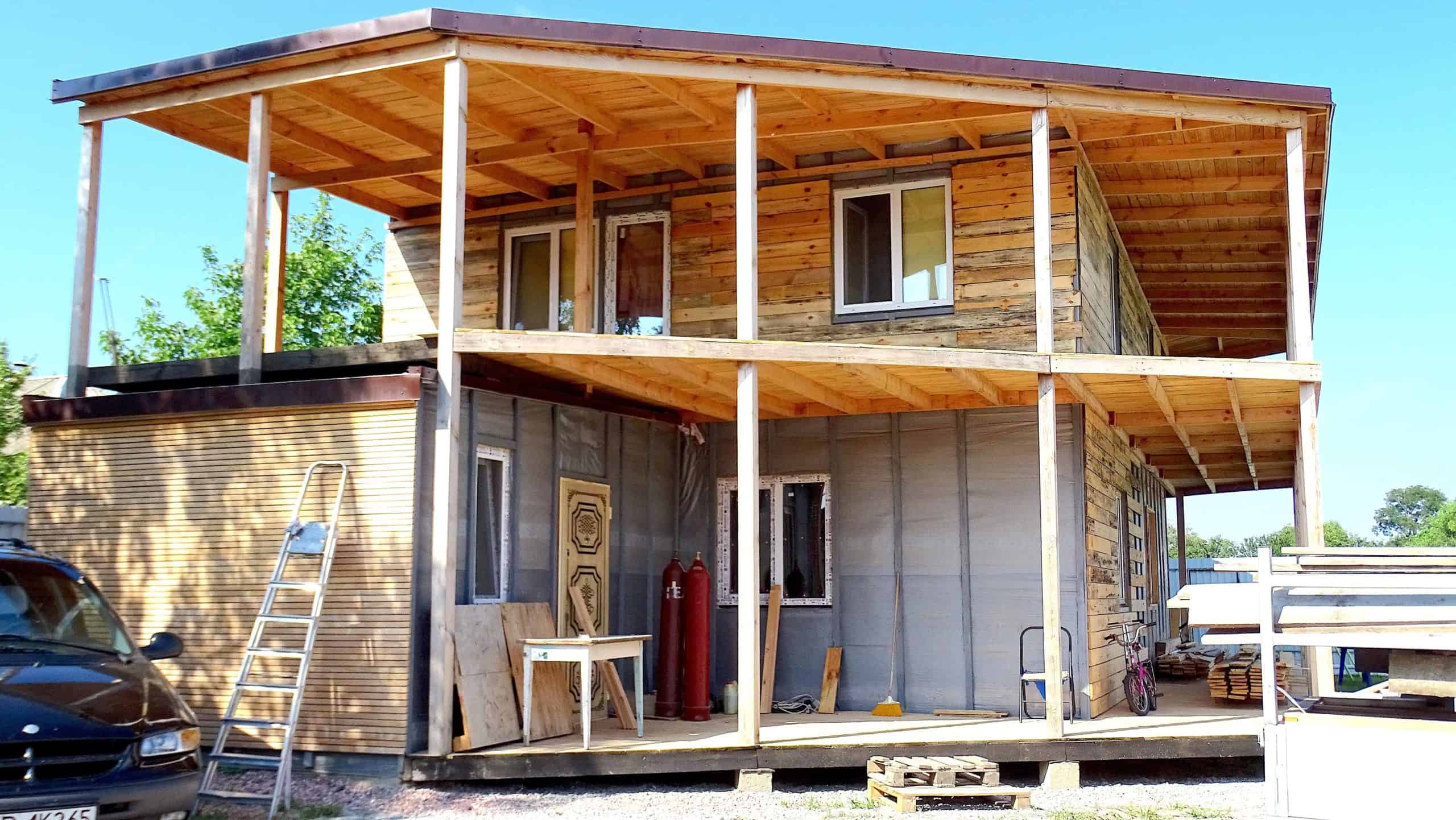Buying your first house can be a bit overwhelming and you may not be sure of where to begin. Go through our little guide about buying a house in Canada, so you can close with an assurance.
Step 1: Find out what you can afford
This will require a lot of self-contemplation and an in-depth analysis of your expenses. It can help to think of it in terms of monthly bills because once you get into hundreds of thousands of dollars, choices can get a bit blurred out.
So summarize your spending plan, adding everything from services to monthly makeup hauls, and be reasonable. A home is a huge acquisition – ensure that you know what you can pay for.
Step 2: Save for a Down Payment and Other Expenses
Once you check your affordability, the next step is to truly save some funds for a down payment. A “down payment” is the sum of money that you invest in the purchase of a home. Generally, the bigger your down payment, the easier it is to obtain a mortgage.
Maybe you are wondering “how much do I need to save for a down payment?”
The minimal amount will depend on the home’s final cost. In Canada, people usually spend between 5% and 20% of the purchase price on a down payment.
Also, keep in mind, reserve some money (generally 1.5 to 4% of the home purchase value) to cover future closing costs. These are legal and administrative fees paid at the closing of a real estate transaction and usually range from 1.5% to 4% of the selling price. It’s crucial to save for these expenses upfront to buying a home, so you’re not in the red when it’s time to close on your home.
Reserve some money (usually 1.5 to 4% of the home purchase value) to deal with future closing costs. These are legal and administrative fees paid at the closing of a real estate transaction and usually range from 1.5% to 4% of the asking price. It’s important to save for these expenses upfront to buying a home, so you’re not in the red when it’s time to close on your home.
Closing Costs Could Include :
Land transfer tax: determined as a percentage of the cost of your home, this tax differs by province and municipality.
Legal fees: You will require a lawyer to ready your documents. Anticipate paying around $1500 in legal fees and expenses.
Title Insurance: Some loan providers require this insurance to protect themselves in case of an ownership dispute.
Mortgage default insurance: Generally known as “CMHC insurance,” this is a necessary insurance policy for those who purchase a house with lower than a 20% down payment.
PST on Mortgage Default Insurance: Buyers have to cover sales tax on the CMHC insurance at the time of purchase.
GST/HST on a New Home Purchase: If you’re buying or building a new home or condo, tack GST/HST onto the purchase price.
Home inspection: Though not mandatory, it is highly advisable to include a home inspection as a condition of your offer. This inspection could reveal invisible problems with the property before you buy it. It costs around $500 per inspection.
Step 3: Get pre-qualified for your mortgage
This is as straightforward as meeting up with the bank you plan to get your mortgage from and providing them the important information they need to know. They’ll tell you a rough estimation of how much they’re willing to finance you.
Bear in mind just because you get pre-approved for a $200,000 mortgage, does not imply you need a $200,000 house.
Step 4: Find the ideal real estate agent
This will take a bit of investigation, but basically you’ll want to find someone that has your needs in mind. Try to look for an agent you feel comfy talking with so they can learn what your wants are.
Their knowledge is invaluable to the home buying process, so don’t be afraid to ask doubts. Finding the right real estate agent is crucial.
Step 5: Closing the deal
Once the offer has been approved, make sure to have the house evaluated and estimated before you take the final action. Neglecting to do so can result in thousands of dollars loss.
Once both the seller and buyer are pleased with the offer, there will be a lot of documentation involved. It won’t be too much work, but it will be tiresome. Work with your realtor and lenders carefully as you finish up this final step.
After the loan has been paid to the seller and you get the keys, you’re ready to relocate!
Check out the latest house listings on Thunder Bay. Thunder Bay is a reasonable market for buying houses, and the city has plenty of options.
